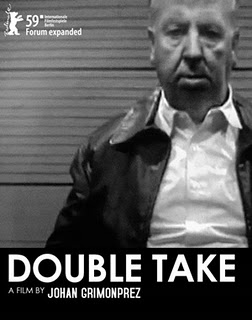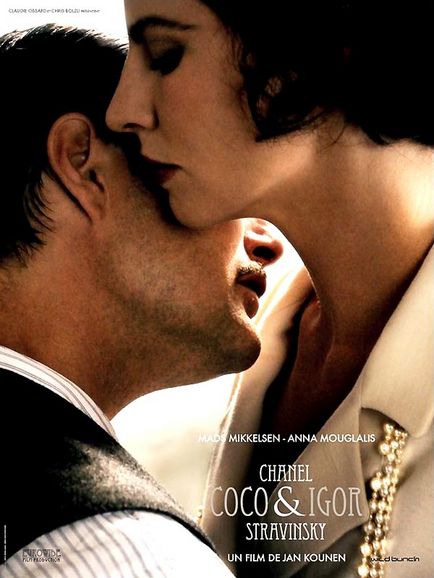Also known as the controversial post that dismisses two highly regarded classics of French cinema. In the end it does depend on individual tastes; some people with agree with me on some of these reviews, some will not. That’s what makes film criticism interesting in the first place.
For anyone curious, one of the reasons this thread is frequent, especially now in October, is my attempt to catch up with writing about all the films I’ve seen in the last week or so. Also worth noting, since I have mentioned the month, is that I do want to start watching a few more films fitting for Halloween. At the moment it is a bit difficult to do so since there is a lot, not just in films, to clear through but hopefully I’ll be able to engorge myself in horror and genre films as much as other bloggers have.
Heima (Dean DeBlois, 2006)
 |
| From http://dcist.com/attachments/dcist_mehan/heima-poster.jpg |
With music as beautiful as that of Sigur Rós, it needs to be filmed in a way that allows its mystical qualities to shine; this also needs to be considered when one is showing an environment like the Icelandic countryside and the expansiveness of it. While Dean DeBlois does a serviceable job, he ends up relying on a traditional documentary format, instead of experimenting with the material, which restricts the music and environment from showing their full awe. Only one of the final performances depicted shows what could have been, but a lot of what makes that good is the band themselves and the people they work with their stage performances not the director.
 |
| From http://ruthlessculture.files.wordpress.com/2010/04/doubletake-poster.jpg?w=252&h=320 |
Starting with an event in 1962, when Alfred Hitchcock met his doppelganger on the set of The Birds (1963), as a springboard into the climate and mood of the time surrounding the Cold War, this is an intriguing docu-fantasy. Some of the connections between them don’t completely make sense on the first viewing but it is an inventive and fresh perspective on its topics.
 |
| From http://www.thecinematheque.com/poster_discreetcharm2.jpg |
Sadly I have to dismiss this film. I felt it had no real significance behind it (it’s not really a good satire of bourgeoisie for me) and not politically interesting. The dream sequences and how they were portrayed were exceptionally annoying and added to said disappointment.
Coco Chanel & Igor Stravinsky (Jan Kounen, 2009)
 |
| From http://pacejmiller.files.wordpress.com/2010/04/coco-chanel-igor-stravinsky.jpg |
Were it not for a surprise 10/10 review from someone I know online, I would have ignored what turned out to be a near-perfect gem and miss it at the cinema. Taking a tired and generic storyline of adultery – based on reality or not – as its central plot, this depicts it in a refreshingly subtle and thoughtful way backed up by excellent performances by the likes of Mads Mikkelsen (a candidate for the person of the year in film with only the awful Clash of the Titans (2010) remake affecting his chances), Anna Mouglalis and Yelena Morozova. It is a film where everyone involved including the person who designed the wallpaper on the sets deserves praise for their outstanding work, with lavish and detailed production values to match the excellent drama within. This may turn out to be an underrated and ignored film for 2010, which is an absolute shame.
 |
| From http://upload.wikimedia.org/wikipedia/en/3/3b/Partie_de_campagne.jpg |
An incomplete film left as a short work, this does present a lot to like specially in Renoir’s use of the natural environment the story is set in for mood and contemplation. The film does feel too barebones however, working well as a short story in presentation but, sadly out of the director’s hands, missing potential depth to it. It also suffers from slightly annoying and exaggerated acting from at least one of the actors.
No comments:
Post a Comment